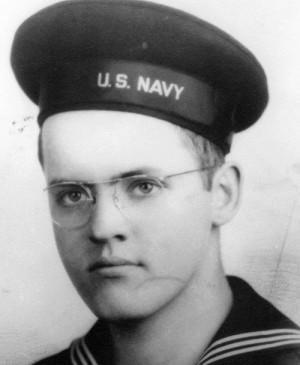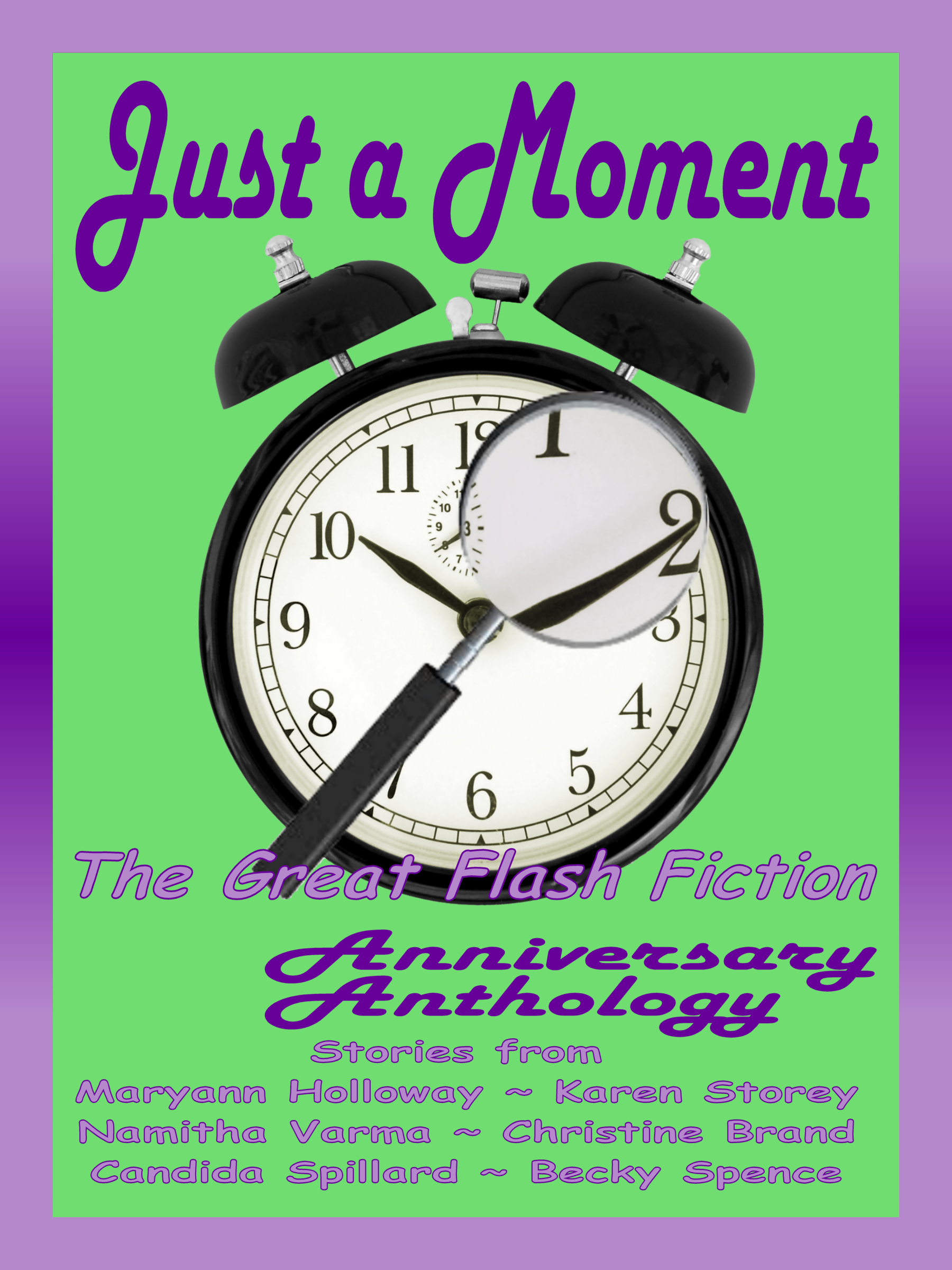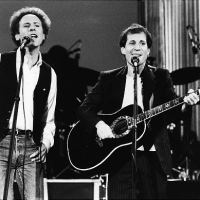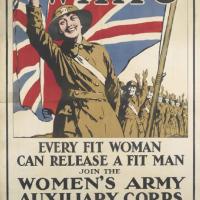WE DIDN’T START THE FIRE
FROM A TO Z
On September 27, 1989, the iconic song by Billy Joel, We Didn’t Start the Fire hit the airwaves. It was a history lesson set to music. When you first heard the song, did you know or remember all the people places, things and events mentioned in the lyrics? I sure didn’t. Back in 1989 before the internet was something everyone had access to, my boyfriend (now husband) and I headed to the local public library and looked up all the historical references. This month, for the A to Z Challenge, I am writing about that history.
1949 –Walter Winchell
Walter Winchell (April 7, 1897 – February 20, 1972) was an American newspaper and radio gossip commentator, famous for attempting to destroy the careers of people both private and public whom he disliked. During the 1950s, Winchell supported Senator Joseph McCarthy‘s quest to identify Communists in the entertainment industry, but his popularity and influence began to decline as the public turned against McCarthy.

Walter Winchell was an aggressive radio and newspaper journalist credited with inventing the gossip column.
Promoters John Roberts, Joel Rosenman, Artie Kornfield and Michael Lang originally envisioned the festival as a way to raise funds to build a recording studio and rock-and-roll retreat near the town of Woodstock, New York.
The longtime artists’ colony was already a home base for Bob Dylan and other musicians.
Despite their relative inexperience, the young promoters managed to sign a roster of top acts, including the Jefferson Airplane, the Who, the Grateful Dead, Sly and the Family Stone, Janis Joplin, Jimi Hendrix, Creedence Clearwater Revival and many more.
Plans for the festival were on the verge of foundering, however, after both Woodstock and the nearby town of Wallkill denied permission to hold the event, dairy farmer Max Yasgur came to the rescue at the last minute, giving the promoters access to his 600 acres of land in Bethel, some 50 miles from Woodstock.
Early estimates of attendance increased from 50,000 to around 200,000, but by the time the gates opened on Friday, August 15, more than 400,000 people were clamoring to get in. Those without tickets simply walked through gaps in the fences, and the organizers were eventually forced to make the event free of charge.
Folk singer and guitarist Richie Havens kicked off the event with a long set, and Joan Baez and Arlo Guthrie also performed on Friday night.
Somewhat improbably, the chaotic gathering of half a million young “hippies” lived up to its billing of “Three Days of Peace and Music.” There were surprisingly few incidents of violence on the overcrowded grounds. A number of musicians performed songs expressing their opposition to the Vietnam War.
Among the many great moments at the Woodstock Music Festival were career-making performances by up-and-coming acts like Santana, Joe Cocker and Crosby, Stills, Nash & Young; the Who’s early-morning set featuring songs from their classic rock opera “Tommy.”
The closing set by Hendrix, which climaxed with an improvised solo guitar performance of “The Star Spangled Banner.” (I don’t own this video but share for education purposes)
Though Woodstock had left its promoters nearly bankrupt, their ownership of the film and recording rights more than compensated for the losses after the release of a hit documentary film in 1970.
Later music festivals inspired by Woodstock’s success failed to live up to its standard, and the festival still stands for many as a example of America’s 1960s youth counterculture at its best.
To see some really great photographs of the atmosphere that was Woodstock, check out the work of Dan Garson: A Teenager’s Look at Woodstock
A FEW FACTS:
Source: By John W. Barry, The Poughkeepsie (N.Y.) Journal
Where’s the paper trail? There are no records of any permit issued by Bethel, N.Y., granting permission for the Woodstock Music & Art Fair to be held on Max Yasgur’s farm in 1969, says Bethel town clerk Rita Sheehan.
Can they feed half a million? Documents from the Sullivan County Historical Society show that Food for Love, the company hired to provide food, made the following projections based on 50,000 people a day for a three-day festival. (Of course more then 400,000 people came so I guess food was a problem)
A sampling of the food list:
Bread: 30,000 loaves
Marshmallows: 10,000 packages
Peanut butter: 1,500 pounds
Napkins: 600,000
Milk: 20,000 gallons
Cheese: 5,000 pounds
Coffee: 2,000 pounds
Plastic eating utensils: 900,000 pieces
Ice: 450,00 pounds
|
|||||||
1974 – Watergate
Events in the summer of 1972 resulted in the resignation of President Richard M. Nixon by 1974. Early on the morning of June 17, 1972, a crime with astronomical political fall-out is committed and five men are arrested. Their crime was breaking into the Democratic National Committee headquarters at the Watergate office-hotel-apartment complex in Washington, D.C.
The political fall-out, the resignation of the President of the United States; however on the day of the arrest, the connection to Richard Millhouse Nixon was unknown. These men were caught with burglary tools, cameras and film, and three pen-size tear gas guns. At the scene of the crime, in rooms the men rented at the Watergate, sophisticated electronic bugging equipment was found. Three of the men were Cuban exiles, one was a Cuban American, and the fifth was James W. McCord, Jr., a former CIA agent. That day, the suspects, who said they were “anti-communists,” were charged with felonious burglary and possession of implements of crime.
On June 18, however, it was revealed that James McCord was the salaried security coordinator for President Richard Nixon’s reelection committee.

PHOTO: Electronics expert and former CIA agent James W. McCord was arrested in connection. Metropolitan Police/AP Photo
The next day, E. Howard Hunt, Jr., a former White House aide, was linked to the five suspects. In July, G. Gordon Liddy, finance counsel for the Committee for the Re-election of the President, was also implicated as an accomplice.
In August, President Nixon announced that a White House investigation of the Watergate break-in had concluded that administration officials were not involved. In September, Liddy, Hunt, McCord, and the four Cubans were indicted by a federal grand jury on eight counts of breaking into and illegally bugging the Democratic National Committee headquarters. If you know anything about Watergate, you know that it did not end there.
W is also for Woodward and Berstein and Washington Post
In September and October, reporters Carl Bernstein and Bob Woodward of The Washington Post uncovered evidence of illegal political espionage carried out by the White House and the Committee for the Re-election of the President, including the existence of a secret fund kept for the purpose and the existence of political spies hired by the committee. Despite these reports, and a growing call for a Watergate investigation on Capitol Hill, Richard Nixon was reelected president in November 1972 in a landslide victory.

Reporters Bob Woodward, right, and Carl Bernstein, whose reporting of the Watergate case won them a Pulitzer Prize, sit in the newsroom of the Washington Post in Washington May 7, 1973. (AP Photo)
In January 1973, five of the Watergate burglars pleaded guilty, and two others, Liddy and McCord, were convicted. At their sentencing on March 23, U.S. District Court Judge John J. Sirica read a letter from McCord charging that the White House had conducted an extensive “cover-up” to conceal its connection with the break-in. In April, Attorney General Richard Kleindienst and two top White House advisers, H.R. Haldeman and John Ehrlichman, resigned, and White House counsel John Dean was fired.
On May 17, 1973, the Senate Select Committee on Presidential Campaign Activities, headed by Senator Sam Ervin of North Carolina, began televised proceedings on the rapidly escalating Watergate affair.

Senators Howard Baker (R-TN) and Sam Ervin (D-NC) cast votes during the Senate Watergate Committee hearings of 1973. Seated behind the senators is the committee deputy counsel Rufus Edmisten, whose oral history interview is included in the collection of the U.S. Senate Historical Office. (Photo courtesy Senate Historical Office.)
One week later, Harvard Law professor Archibald Cox was sworn in as special Watergate prosecutor.
During the Senate hearings, former White House legal counsel John Dean testified that the Watergate break-in had been approved by former Attorney General John Mitchell with the knowledge of White House advisers Ehrlichman and Haldeman, and that President Nixon had been aware of the cover-up. Meanwhile, Watergate prosecutor Cox and his staff began to uncover widespread evidence of political espionage by the Nixon re-election committee, illegal wiretapping of thousands of citizens by the administration, and contributions to the Republican Party in return for political favors.
In July, the existence of what were to be called the Watergate tapes–official recordings of White House conversations between Nixon and his staff–was revealed during the Senate hearings. Cox subpoenaed these tapes, and after three months of delay President Nixon agreed to send summaries of the recordings. Cox rejected the summaries, and Nixon fired him. His successor as special prosecutor, Leon Jaworski, leveled indictments against several high-ranking administration officials, including Mitchell and Dean, who were duly convicted.
 Public confidence in the president rapidly waned, and by the end of July 1974 the House Judiciary Committee had adopted three articles of impeachment against President Nixon: obstruction of justice, abuse of presidential powers, and hindrance of the impeachment process. On July 30, under coercion from the Supreme Court, Nixon finally released the Watergate tapes. On August 5, transcripts of the recordings were released, including a segment in which the president was heard instructing Haldeman to order the FBI to halt the Watergate investigation. Four days later, Nixon became the first president in U.S. history to resign. On September 8, his successor, President Gerald Ford, pardoned him from any criminal charges.
Public confidence in the president rapidly waned, and by the end of July 1974 the House Judiciary Committee had adopted three articles of impeachment against President Nixon: obstruction of justice, abuse of presidential powers, and hindrance of the impeachment process. On July 30, under coercion from the Supreme Court, Nixon finally released the Watergate tapes. On August 5, transcripts of the recordings were released, including a segment in which the president was heard instructing Haldeman to order the FBI to halt the Watergate investigation. Four days later, Nixon became the first president in U.S. history to resign. On September 8, his successor, President Gerald Ford, pardoned him from any criminal charges.
I can remember where I was when President Nixon resigned even though I wasn’t even a teenager yet. I was at Girl Scout Camp in New Jersey and one of counselors had us sit in the camp pavillion and listen to his resignation on the radio. I know at the time, I didn’t really understand what the Watergate Scandal was all about. Years later I enjoyed the movie All the Presidents Men.
1983 – Wheel of Fortune
Wheel of Fortune is an American television game show created by Merv Griffin. The show features a competition in which contestants solve word puzzles, similar to those used in Hangman, to win cash and prizes determined by spinning a giant carnival wheel.The daily syndicated version of Wheel premiered on September 19, 1983, preceded by a series of episodes taped on location at the Ohio State Fair and aired on WBNS-TV in Columbus, Ohio. Would you like to buy a vowel?




























 Check out my other blog
Check out my other blog I'M PUBLISHED
I'M PUBLISHED I'm Published Again
I'm Published Again









I not only remember Walter Winchell but also Paul Winchell who was often on television in my younger days with his ventriloquist act. Woodstock was one of the defining iconic events of my generation. I didn’t go, but I remember hearing about it. That was the summer after I graduated from high school.
Arlee Bird
Tossing It Out
LikeLike
Different thing entirely but I always regret that I didn’t try to go to Live Aid in the 80s. It was so close just across the river in Philadelphia.
LikeLike
I picked Watergate as my W post as well, but didn’t go into nearly as much detail. I enjoyed learning about Woodstock as well.
W is for the Watergate Scandal
LikeLike
I have to check your post. It was my W last year in my 1970s time capsule so I just copied it forward.
LikeLike
Woodstock to Watergate. Quite the trip. I was never much if a rock fan so had no interest in Woodstock, but I was a Republican and very disappointed with the President.
LikeLike
I learned a ton here, so much about Watergate and the fact that Santana’s star essentially rose on Woodstock. This was far better than a history class! Now I can sing that Billy Joel song and know a little bit more of what I’m crowing about.
———-
Eli@CoachDaddy
X is for Xenogenous
LikeLike
That is great. Glad you enjoyed it.
LikeLiked by 1 person
I even dropped the knowledge on my kids, Maryann.
LikeLike
I love the documentary on Woodstock and would love it in DVD. I remember very little about Watergate but I remember when he resigned and left giving the peace sign.
LikeLike